February 19-25, 2023 is Freedom to Read week in Canada. "Freedom to Read Week is an annual event that encourages Canadians to think about and reaffirm their commitment to intellectual freedom, which is guaranteed them under the Charter of Rights and Freedoms." (Freedom to Read Week) Book banning is not a new concept. In fact, it is said that in 259-210 B.C., Chinese emperor Shih Huang Ti buried 460 Confucian scholars alive in order to control the writing of history. In 212 B.C., all the books in the kingdom were burned, with only a single copy of each retained for the Royal Library, however, these were also destroyed before his death. With the destruction of all previous historical records, it was Ti's hope that history would be said to begin with him. (For more on the history of book banning and burning click here.)
In August of 2022, The American Library Association reported that they were on track to exceed the 2021 record for book challenges. As of August 2022, 681 attempts had been made to ban or restrict library resources, whereas in 2021, 729 attempts had been made, representing to highest number of attempted book bans in the over 20 years that the ALA has been keeping track of this. “The unprecedented number of challenges we’re seeing already this year reflects coordinated, national efforts to silence marginalized or historically underrepresented voices and deprive all of us – young people, in particular – of the chance to explore a world beyond the confines of personal experience,” said ALA President Lessa Kananiʻopua Pelayo-Lozada. (ALA) The American Library Association also states that “Librarians develop collections and resources that make knowledge and ideas widely available, so people and families are free to choose what to read. Though it’s natural that we want to protect young people from some of life’s more difficult realities, the truth is that banning books does nothing to protect them from dealing with tough issues. Instead, it denies young people resources that can help them deal with the challenges that confront them." (ALA)
Below is a list of books that have been challenged, including the reasons why. All information has been taken from the Freedom to Read Website (FTR) and the American Library Association website. (ALA) This is by no means a complete list of challenged or banned books so for more information, check out the websites provided or head to your local library and talk to one of our staff members. And, as always, click on the book titles to place them on hold in our catalogue.
The Hate U Give by Angie ThomasSixteen-year-old Starr Carter moves between two worlds: the poor neighborhood where she lives and the fancy suburban prep school she attends. The uneasy balance between these worlds is shattered when Starr witnesses the fatal shooting of her childhood best friend Khalil at the hands of a police officer. Khalil was unarmed. Soon afterward, his death is a national headline. Some are calling him a thug, maybe even a drug dealer and a gangbanger. Protesters are taking to the streets in Khalil's name. Some cops and the local drug lord try to intimidate Starr and her family. What everyone wants to know is: what really went down that night? And the only person alive who can answer that is Starr. But what Starr does or does not say could upend her community. It could also endanger her life.
Reasons: Banned and challenged for profanity, violence, and because it was thought to promote an anti-police message and indoctrination of a social agenda.
George by Alex GinoWhen people look at George, they think they see a boy. But she knows she's not a boy. She knows she's a girl. George thinks she'll have to keep this a secret forever. Then her teacher announces that their class play is going to be Charlotte's Web. George really, really, REALLY wants to play Charlotte. But the teacher says she can't even try out for the part. . . because she's a boy. With the help of her best friend, Kelly, George comes up with a plan. Not just so she can be Charlotte – but so everyone can know who she is, once and for all.
Reasons: Challenged, banned, hidden to avoid controversy and restricted for LGBTQIA+ content, conflicting with a religious viewpoint and not reflecting "the values of our community."
Speak by Laurie Halse Anderson
Playaway audiobook
Graphic novel
Reasons: Banned, challenged, and restricted because it was thought to contain a political viewpoint and it was claimed to be biased against male students, and for the novel's inclusion of rape and profanity.
Scout Finch, daughter of the town lawyer Atticus, has just started school, but her carefree days come to an end when a black man in town is accused of raping a white woman, and her father is the only man willing to defend him.
Reasons: Banned and challenged for racial slurs and their negative effect on students, featuring a "white savior" character, and its perception of the black experience.
Rescued from the outrageous neglect of his aunt and uncle, a young boy with a great destiny proves his worth while attending Hogwarts School for Witchcraft and Wizardry.
Reasons: Banned and forbidden from discussion for referring to magic and witchcraft, for containing actual curses and spells, and for characters that use "nefarious means" to attain goals.
The life of a ten-year-old boy in rural Virginia expands when he becomes friends with a newcomer who subsequently meets an untimely death trying to reach their hideaway, Terabithia, during a storm.
Reasons: Challenged because a parent objected to certain words in the text: “pervert,” “lordy” and “seethrough blouse.”
If Gerald McGrew ran the zoo, he'd let all the animals go and fill it with more unusual beasts--a ten-footed lion, an Elephant-Cat, a Mulligatawny, a Tufted Mazurka, and others.
Reasons: Challenged for insensitivity and ethnic stereotyping. “Scenes depicting orientalism, major Asian stereotyping in images and words. Use of exaggerated ‘black face’ characters”.
Meet Marlon Bundo, a lonely bunny who lives at the Naval Observatory with his Grandpa, the Vice President of the United States. But on this Very Special Day, Marlon's life is about to change forever.
Reasons: Banned and challenged for including LGBTQIA+ content and for political and religious reasons.
Amir is the son of a wealthy Kabul merchant, a member of the caste of Pashtuns. Hassan, his servant and constant companion is a Hazara, a despised and impoverished caste. Their uncommon bond is torn by Amir's choice to abandon his friend amidst the increasing ethnic, religious, and political tensions of the dying years of the monarchy, and apparently dissolved when Amir and his father go to California to escape the Soviet invasion, leaving Hassan and his gentle father to a terrible fate. But years later, an old family friend calls Amir from Pakistan and reminds him: "There is a way to be good again." And Amir journeys back to a distant world, to try to right past wrongs against the only friend he ever had.
Reasons: Challenged and banned because it includes sexual violence and was thought to "lead to terrorism" and "promote Islam."
Reasons: religious viewpoint
Persepolis is Marjane Satrapi's wise, funny, and heartbreaking memoir of growing up in Iran during the Islamic Revolution. In powerful black-and-white comic strip images, Satrapi tells the story of her life in Tehran from ages six to fourteen, years that saw the overthrow of the Shah's regime, the triumph of the Islamic Revolution, and the devastating effects of war with Iraq. The intelligent and outspoken only child of committed Marxists and the great-granddaughter of one of Iran's last emperors, Marjane bears witness to a childhood uniquely entwined with the history of her country." "Persepolis paints an unforgettable portrait of daily life in Iran: the bewildering contradictions between home life and public life and the toll repressive regimes exact on the individual spirit. Marjane's child's-eye-view of dethroned emperors, state-sanctioned whippings, and heroes of the revolution allows us to learn as she does the history of this fascinating country and of her own extraordinary family. Intensely personal, profoundly political, and wholly original, Persepolis is at once a story of growing up and a reminder of the human cost of war and political repression. It shows how we carry on, with laughter and tears, in the face of absurdity. And, finally, it introduces us to an irresistible little girl with whom we cannot help but fall in love.
Reasons: Gambling, offensive language, political viewpoint, politically, racially and socially offensive, graphic depictions.
In the summer of 1991 I was a normal kid. I did normal things. I had friends and a mother who loved me. I was just like you. Until the day my life was stolen. For eighteen years I was a prisoner. I was an object for someone to use and abuse. For eighteen years I was not allowed to speak my own name. I became a mother and was forced to be a sister. For eighteen years I survived an impossible situation. On August 26, 2009, I took my name back. My name is Jaycee Lee Dugard. I don't think of myself as a victim. I survived.
Reasons: Drugs/alcohol/smoking, offensive language, sexually explicit, unsuited for age group.
Budding cartoonist Junior leaves his troubled school on the Spokane Indian Reservation to attend an all-white farm town school where the only other Indian is the school mascot.
Reasons: Anti-family, cultural insensitivity, drugs/alcohol/smoking, gambling, offensive language, sex education, sexually explicit, unsuited for age group, violence, depictions of bullying.
The three Bone cousins — Fone Bone, Phoney Bone, and Smiley Bone — are separated and lost in a vast, uncharted desert. One by one, they find their way into a deep, forested valley filled with wonderful and terrifying creatures. Eventually, the cousins are reunited at a farmstead run by tough Gran’ma Ben and her spirited granddaughter. But little do the Bones know, there are dark forces conspiring against them, and their adventures are only just beginning!
Reasons: Political viewpoint, racism, violence
Sixteen-year-old Katniss Everdeen accidentally becomes a contender in the annual Hunger Games, a grave competition hosted by the Capitol where young boys and girls are pitted against one another in a televised fight to the death.
Reasons: Anti-ethnic, anti-family, insensitivity, offensive language, occult/satanic, violence.
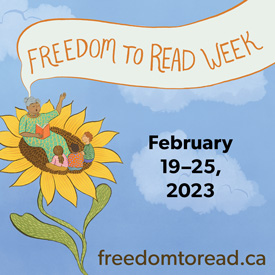
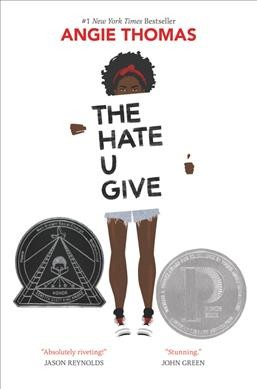



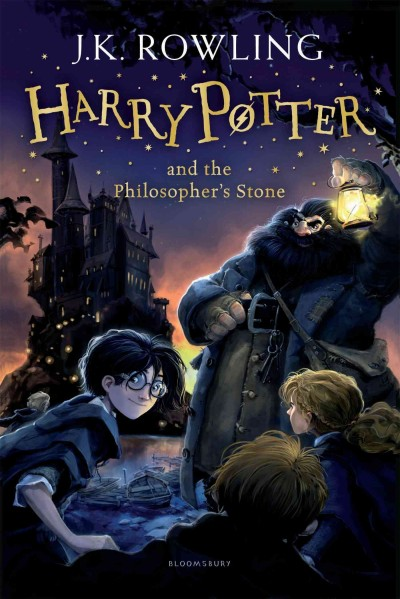



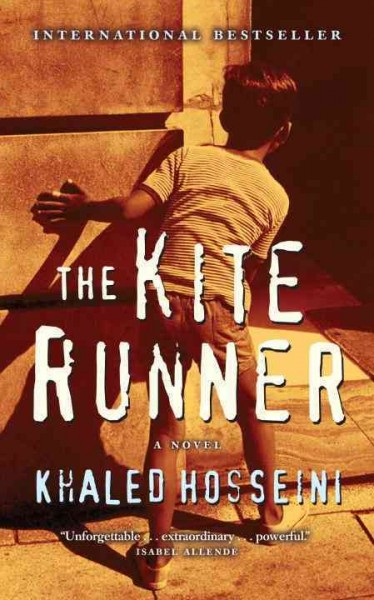



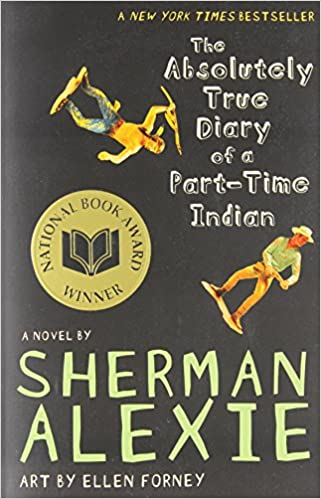




Comments
Post a Comment